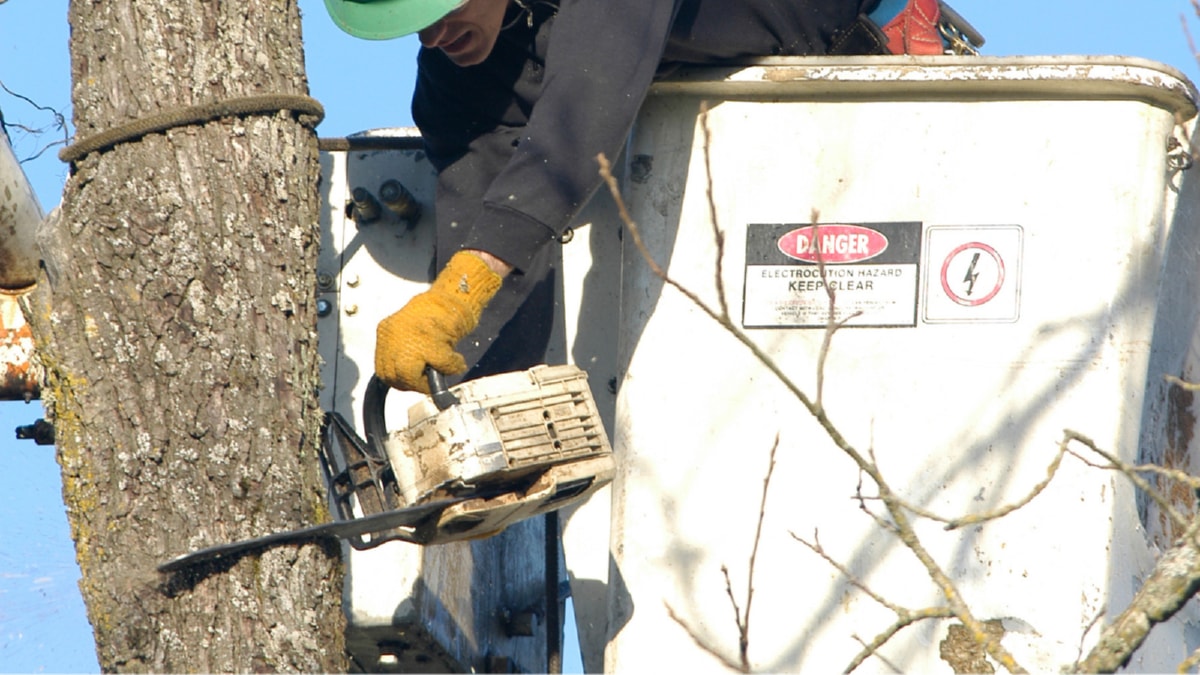Managing a construction project is an intricate process that requires a comprehensive understanding of the various aspects of construction. At the core of successful construction management lies the ability to oversee and coordinate different facets of a project, from planning to execution. This article aims to provide insights into the intricacies of construction management and how to make the most out of it.
The first step towards effective construction management is grasping the scope of the project. This includes the final objective for the project, the specific tasks that need to be performed, and the resources required. An unequivocal understanding of the project scope allows the construction manager to plan effectively, securing that all tasks are completed on time and within budget.
Next comes the scheduling and planning stage. This involves breaking down the project into manageable tasks and assigning them to the respective teams or individuals. Successful construction management relies on meticulous planning and scheduling, ensuring that each task is completed in the right order and at the right time. This not only helps to prevent any delays in project completion but also ensures that all resources are used optimally.
The third aspect of construction management is cost estimation and budgeting. This involves estimating the total cost of the project, including materials, labor, and other expenses, and then creating a budget to monitor and control these costs. Competent cost estimation and budgeting are crucial to prevent cost overruns and to ensure that the project is financially viable.
Next, managing risks is an integral part of construction management. This involves identifying potential risks or obstacles that could affect the project and planning ways to mitigate them. Successful risk management helps to ensure that the project is completed on time and within budget, despite any unforeseen challenges.
Finally, controlling the quality is a crucial aspect of construction management. This involves monitoring the construction process to ensure that the work is being done to the required standards. Competent quality control helps to ensure that the final product meets the expectations of the client and adheres to all relevant regulations.
In conclusion, successful construction management is a multi-faceted process that requires a thorough understanding of the project scope, meticulous planning and scheduling, careful cost estimation and budgeting, effective risk management, and stringent quality control. By mastering these elements, construction managers can ensure that their projects are completed on time, within budget, and to the highest possible standards.
For more details, check best Kerbing service Kildare Galway Limerick Mayo Offaly or visit their business listing here.



